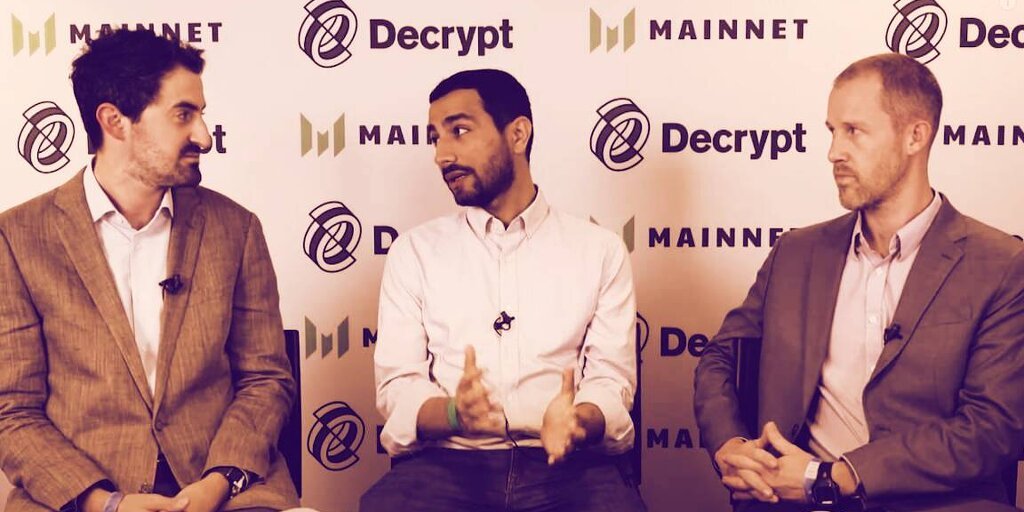For years, the defining Bitcoin vs Ethereum narrative in crypto has been that Bitcoin is just an investment at this point (“digital gold”), and all its blockchain can do is record BTC transactions, while Ethereum is the place for smart contracts and decentralized apps.
Think again, says Stacks founder Muneeb Ali.
“I view Bitcoin as the best, most decentralized money layer,” Ali told Decrypt at the Messari Mainnet conference in New York last week, adding that 1% of all Bitcoin in circulation is now issued as wrapped Bitcoin (wBTC) on Ethereum. “That clearly means that there’s demand for using Bitcoin in smart contracts… Instead of trying to bring Bitcoin in a wrapped fashion to some smart contract chain, why don’t you bring the smart contract functionality directly to Bitcoin?”
That’s what Stacks, which started as BlockStack and in 2019 pulled off the first SEC-approved token sale, seeks to do. After all, Ali says, “We don’t even know if some of these other blockchains will be around in 10 years or not.”
Stacks, a smart contract layer atop the Bitcoin blockchain, adds full smart contract tools to the Bitcoin network. “That’s when people have their aha moment,” Ali says. “They’re like, ‘Oh wow, smart contracts are there for Bitcoin.’ You can trade your Bitcoin for NFTs, you can trade your Bitcoin into new types of assets.”
But even several years in to Stacks, Ali finds himself fighting the misconception that smart contracts and Bitcoin can’t mix. He found himself explaining his position during an onstage panel at Mainnet that included James Prestwich and BitGo’s Kia Mosayeri, key players in tBTC and wBTC, wrapped Bitcoin solutions. Prestwich declared, “Because you can’t bring smart contracts to the Bitcoin base layer, you’re forced to bring your Bitcoin to wherever the smart contracts [are].”
They’re both right. Ali doesn’t classify Stacks—which brings the smart contract functionality—as a layer 1 technology like Bitcoin because it relies on the former. Nor is it a layer-2 protocol like Lightning. “I call it a layer 1.5,” he says.
That “layer 1.5” tech is birthing its own suite of DeFi projects, which will allow Bitcoiners to lend, borrow, and swap assets on decentralized protocols without converting their Bitcoin into tBTC or wBTC and putting it onto Ethereum.
That’s appealing to long-standing Bitcoiners who value the largest cryptocurrency by market cap as a superior store of value, says Ali, who said he identifies more as a “Bitcoin centrist” than as a Bitcoin maximalist.
“For true Bitcoin DeFi, or true Bitcoin applications, you need to give them an experience where they’re actually interacting with literal Bitcoin on the Bitcoin chain,” he said. “And those are the type of applications that Stacks enables.”






















